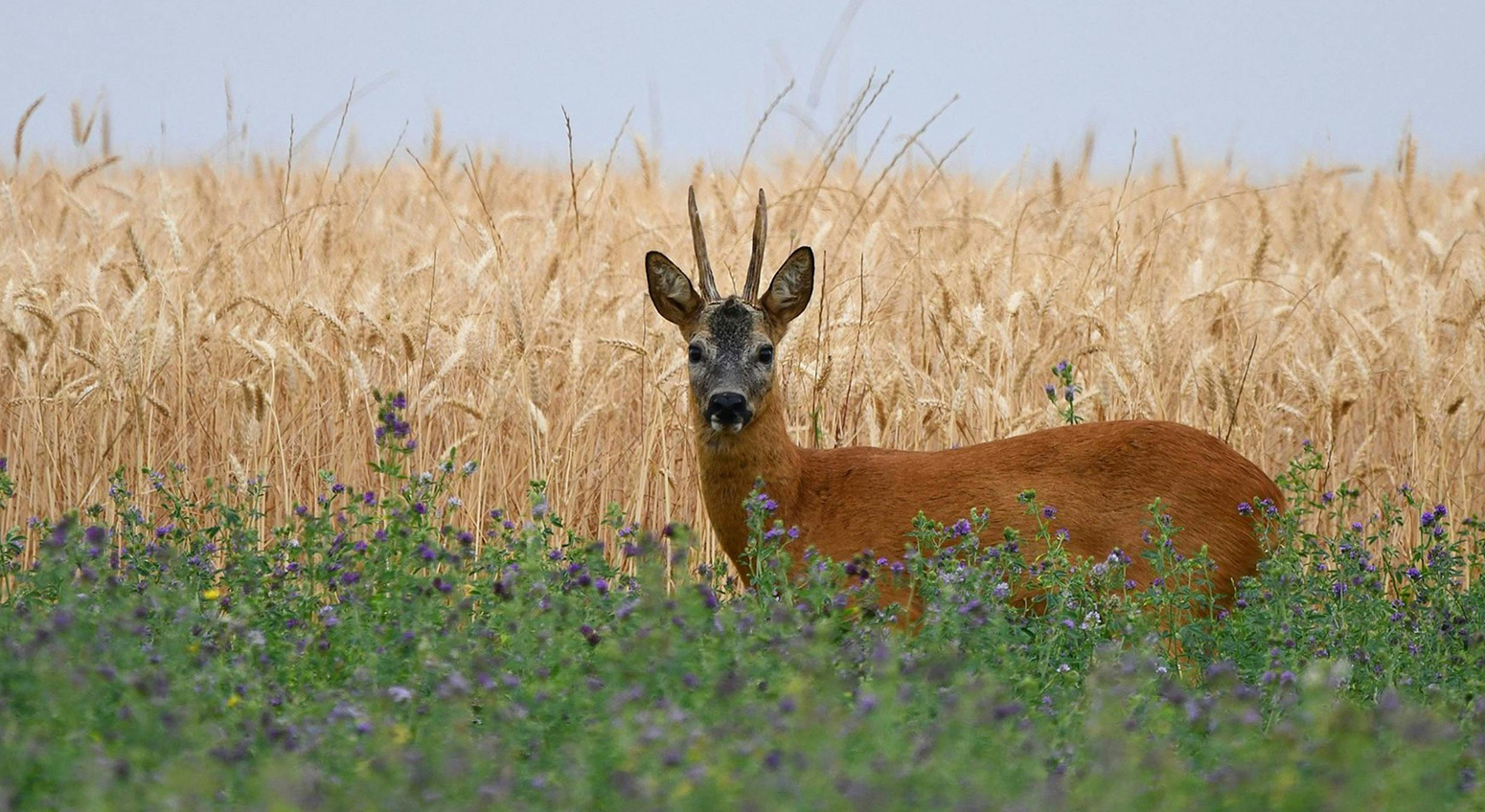
07 Oct 2025 Suspension of Roe Deer Hunting Quotas in Romania Condemned
Budapest/Brussels/Bucharest, October 2025 – The International Council for Game and Wildlife Conservation (CIC) and the European Federation for Hunting and Conservation (FACE) strongly condemn the recent suspension of roe deer hunting quotas in Romania. In conjunction with the Romanian National Hunting Association (AGVPS), both organisations state that the decision is expected to cause numerous problems for Romania’s forests, farmers, road users and the roe deer population itself.
A move from population management to concerns about individual animals
The decision, based on a court ruling in Brașov relating to quota management, overlooks the fact that wildlife management is not about individual animals, but about maintaining healthy populations and balanced ecosystems. Without active management, roe deer populations can exceed the carrying capacity of their habitats. Overabundant populations over-browse forests, degrade habitats, and ultimately weaken the deer themselves by reducing body weight, fertility, and survival.
European Context
The roe deer is Europe’s most abundant and widely distributed cervid, found from the Iberian Peninsula to Scandinavia and Eastern Europe. Populations have risen markedly in recent decades, with harvests increasing from 1.7 million animals in the 1980s to 3.7 million today, according to the FACE Ungulate Harvest Report (2025). As the species is thriving, halting hunting brings no conservation benefit – only negative ecological and economic consequences.
Romania’s own scientists recently reported that in some areas, roe deer densities are more than three times above the land’s capacity, with catastrophic effects on oak, ash, and fir regeneration.
Forests and Communities Under Pressure
Unchecked ungulate populations erode forest regeneration and reduce resilience to climate change. Across the Carpathians and beyond, unmanaged browsing has led to the collapse of oak and beech stands, threatening biodiversity, carbon storage, and timber quality.
The impacts extend to people as well. Farmers face growing damage to crops, while drivers encounter greater risks on the roads. Roe deer vehicle collisions are rising in Romania, adding to already high accident rates elsewhere in Europe.
“WWF Romania was not involved in banning the hunting of roe deer. As the species is common and can cause damage to natural forests and crops, its active management or potential hunting restrictions should be considered locally, based on solid and verifiable principles. We support science-based wildlife management practices that ensure healthy ecosystems and balance between species, local communities, and nature.” — Cristian Remus-Papp, WWF Romania
An Economic and Conservation Setback
Hunting is not only a cultural tradition but also a cornerstone of rural economies. Revenues from permits, guiding, and venison sales sustain gamekeepers, forestry workers, and local businesses. When quotas are suspended, these revenues disappear overnight, while the costs of crop losses, forest damage, and road accidents fall on communities and the taxpayer.
Science-Based Solutions Needed
Hunting quotas are not arbitrary numbers for sport. They are science-based tools set by professionals, using surveys and ecological data to keep populations in balance. Removing quotas does not “save” wildlife – it removes the only effective management instrument available.
Romania now faces a clear choice: allow wildlife policy to be dictated by lawsuits and political manoeuvres or restore science-based management that safeguards both biodiversity and people’s livelihoods.
The CIC and FACE, in conjunction with their national member – AGVPS – urge Romanian authorities to reinstate sustainable roe deer management in line with European conservation commitments.
About the CIC
The International Council for Game and Wildlife Conservation (CIC) is a global organisation promoting the conservation of wildlife through sustainable use. Founded in 1930, it unites 29 States, more than 90 NGOs, and over 1,900 members worldwide.
About FACE
The European Federation for Hunting and Conservation (FACE) represents the interests of Europe’s 7 million hunters in Brussels.

